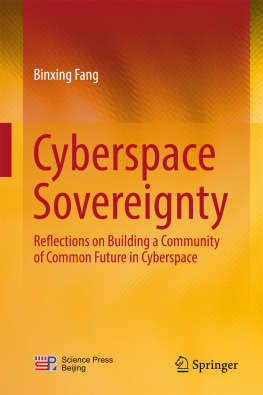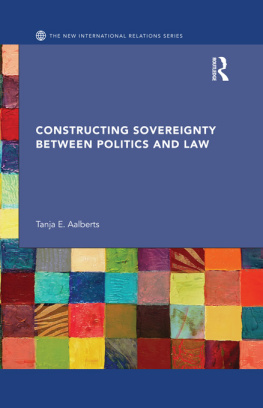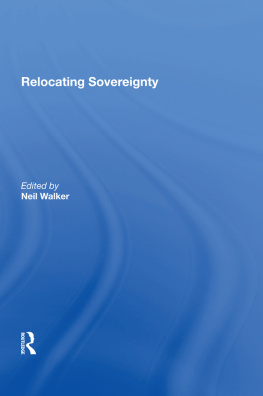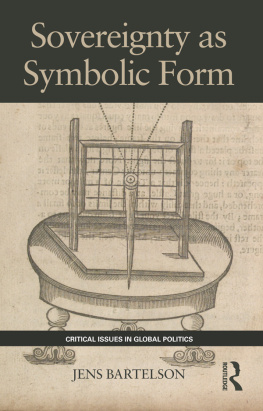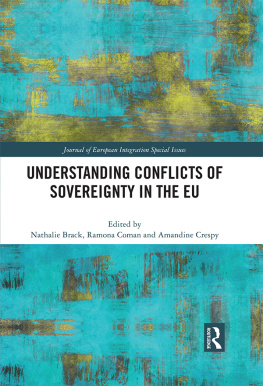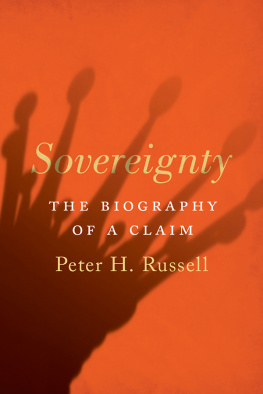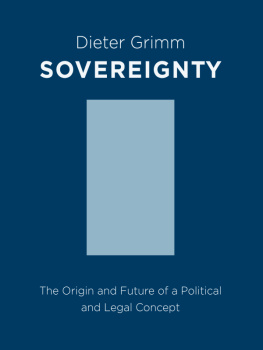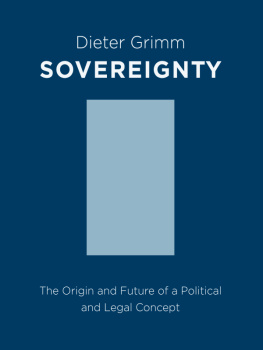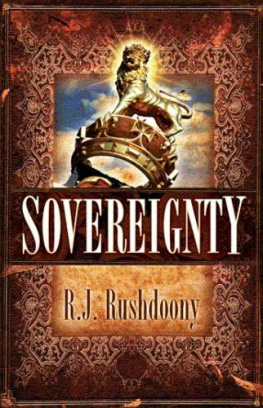The Brookings Institution
The Brookings Institution is a private nonprofit organization devoted to research, education, and publication on important issues of domestic and foreign policy. Its principal purpose is to bring the highest quality independent research and analysis to bear on current and emerging policy problems. Interpretations or conclusions in Brookings publications should be understood to be solely those of the authors.
The Council on Foreign Relations
The Council on Foreign Relations (CFR) is an independent, nonpartisan membership organization, think tank, and publisher dedicated to being a resource for its members, government officials, business executives, journalists, educators and students, civic and religious leaders, and other interested citizens in order to help them better understand the world and the foreign policy choices facing the United States and other countries. Founded in 1921, CFR carries out its mission by maintaining a diverse membership, with special programs to promote interest and develop expertise in the next generation of foreign policy leaders; convening meetings at its headquarters in New York and in Washington, D.C., and other cities where senior government officials, members of Congress, global leaders, and prominent thinkers come together with CFR members to discuss and debate major international issues; supporting a Studies Program that fosters independent research, enabling CFR scholars to produce articles, reports, and books and hold roundtables that analyze foreign policy issues and make concrete policy recommendations; publishing Foreign Affairs , the preeminent journal on international affairs and U.S. foreign policy; sponsoring Independent Task Forces that produce reports with both findings and policy prescriptions on the most important foreign policy topics; and providing up-to-date information and analysis about world events and American foreign policy on its website, www.cfr.org.
The Council on Foreign Relations takes no institutional positions on policy issues and has no affiliation with the U.S. government. All views expressed in its publications and on its website are the sole responsibility of the author or authors.
The Sovereignty Wars
Reconciling America with the World
STEWART PATRICK
A COUNCIL ON FOREIGN RELATIONS BOOK
BROOKINGS INSTITUTION PRESS
Washington, D.C.
Copyright 2018
THE BROOKINGS INSTITUTION
1775 Massachusetts Avenue, N.W., Washington, D.C. 20036
www.brookings.edu
All rights reserved. No part of this publication may be reproduced or transmitted in any form or by any means without permission in writing from the Brookings Institution Press.
The Brookings Institution is a private nonprofit organization devoted to research, education, and publication on important issues of domestic and foreign policy. Its principal purpose is to bring the highest quality independent research and analysis to bear on current and emerging policy problems. Interpretations or conclusions in Brookings publications should be understood to be solely those of the authors.
Library of Congress Cataloging-in-Publication data are available.
ISBN 978-0-8157-3159-7 (cloth : alk. paper)
ISBN 978-0-8157-3160-3 (ebook)
9 8 7 6 5 4 3 2 1
Typeset in Adobe Jenson Pro
Composition by Westchester Publishing Services
Contents
Acknowledgments
I ve incurred many intellectual, professional, and personal debts in writing this book, and I offer my sincere thanks to those who inspired me to write it and helped me bring it to fruition.
The topic of sovereignty has fascinated me since my first undergraduate class in world politics at Stanford Universitytaught by Stephen D. Krasner, who would later write the definitive theoretical work on the concept. That early exposure came in handy two decades later when I became a fellow on the State Departments policy planning staff. Its director, Richard N. Haass, asked me one day to craft a speech on Sovereignty: Existing Rights, Evolving Responsibilities. A daunting assignment, given Richards reputation as an exacting boss. Some twelve drafts later he pronounced the text acceptable, allowing me to move on to related topics. I spent the next few years analyzing the connection between weak sovereignty in the developing world and transnational security threats such as terrorism and infectious disease.
What increasingly fascinated me, though, was my own countrys attitude toward sovereigntyand the often explosive U.S. domestic debates it sparks. I learned just how volatile my fellow Americans feelings could run when I began directing a program on international institutions and global governance at the Council on Foreign Relations (CFR). I received quite a bit of colorful email. The most jarring missive had a three-word subject line: Sovereignty and Treason. My correspondent provided stylized definitions of those concepts, and then closed with these cautionary words: I just want to warn you that if there were ever a change of regime in this country, you might well be brought before a tribunal for the crime of treachery against the United States of America.
I explained to my new pen pal that hed misunderstood the motivations behind our initiative, which was predicated on cooperation among sovereign states. But I was indebted to him nonetheless. He spurred me to explore how Americans conceive of sovereignty, how those notions have evolved since the republics founding, and how they inform U.S. attitudes toward international organizations, treaties, alliances, and law. And the deeper I looked, the more I realized that although most Americans regard sovereignty as sacred, they often use it to mean very different thingsand talk past each other as a result. The way out of this predicament begins with realizing that sovereignty has distinct components, and that these dont always go together.
I could not have written this book without the insights of innumerable scholars, whose contributions I reference in my endnotes. I owe a special debt to Marty Finnemore, Michael Barnett, and Miles Kahler, as well as two anonymous reviewers, each of whom read the entire manuscript and provided incisive comments. Ted Alden and Matt Waxman, two thoughtful CFR colleagues, critiqued specific chapters. My ideas for the book were also enriched by conversations during the annual Princeton workshop on global governance, which Ive had the privilege to co-organize with John Ikenberry, Alan Alexandroff, Bruce Jones, Tom Wright, Keith Porter, and Jennifer Smyser.
I cant say enough about my wonderful CFR colleagues, both past and present, who offered superb research assistance and editorial advice on this project as members of the International Institutions and Global Governance (IIGG) program that I direct. I thank Megan Roberts, my fabulous associate director, and her dynamic predecessor, Isabella Bennett, as well as several talented research associates, including Naomi Egel, Daniel Chardell, Martin Willner, Theresa Lou, Claire Schachter, and Ryan Kaminski, in addition to my wise program coordinator, Terry Mullan. None of my teams work would have been possible, of course, without the generous backing of the Robina Foundation, which has supported IIGG since its creation. In January 2017 the Robina Board provided resources to establish the James H. Binger Chair in Global Governance at CFR, an endowed position named for the philanthropist whose bequest created the foundation, and which I am honored to hold.
I thank the Councils president, Richard N. Haassmy boss a second timefor supporting this project and pushing me to ask the important questions. Im grateful to James M. Lindsay, vice president and director of the David Rockefeller Studies Program at CFR, for his invaluable feedback and guidanceincluding his admonition to write in plain English. I thank the entire studies team, especially Amy Baker, for their support. Throughout the writing and publishing process, I had the good fortune to work with the terrific Trish Dorff and her crack team in CFRs publications department. Thanks also to Irina Faskianos, the tireless head of CFRs national program, and to CFRs communications and marketing team, particularly Iva Zoric, Anya Schmemman, and Jenny Mallamo, for helping me spread the word to multiple audiences.
Next page

